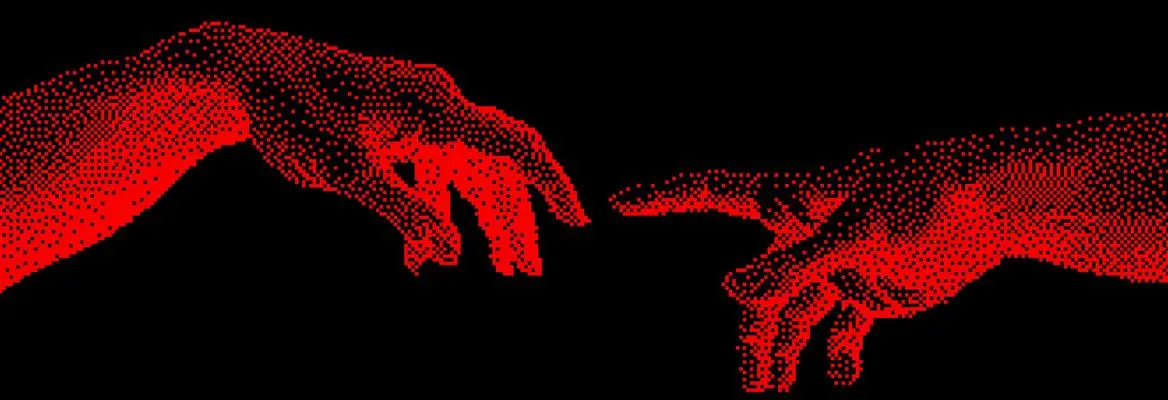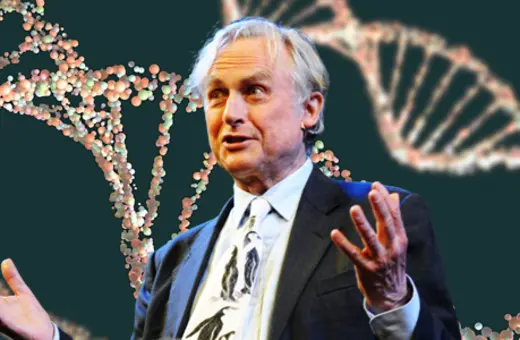Are some important questions simply un-answerable by humans due to the type of biological beings we are? Philosophers such as Kant thought so. But humanity’s thirst for knowledge makes us unhappy with not knowing. In an age where person-engineering technologies such as Crispr and Neuralink are becoming a reality, enhancing our biology might illuminate the answers to some of life’s deepest questions writes Mark Walker.
Today we are at the cusp of our most profound crisis—what I call the “über crisis”. The antecedents of this crisis can be traced back at least to Heraclitus, one of the early Greek philosophers, who wrote,
“The wisest man will appear an ape in relation to God, both in wisdom and beauty and everything else.”
Heraclitus offers an early formulation of what I call ‘noetic skepticism’. When applied to any species, noetic skepticism says that there are biological limits to its ability to grasp important truths. If Heraclitus is correct, Homo sapiens are permanently cut off from important truths. So, if we want to discover all those important truths, we will have to change our biology. A perilous thought for sure, but history is replete with stories of humans taking great risks for sake of greater knowledge: Pandora’s box, the tree of knowledge, and the travails of Dr. Faust.
Noetic skepticism was a prominent part of philosophical discussion until relatively recently. For example, in the dialectic between Kant and Hegel in the eighteenth and nineteenth century. Since then, interest has waned. Perhaps this decline is due to the rise of secular culture. After all, Kant offered God as his primary example of a noetic being: a being who stands to us in intelligence and wisdom as we do to apes. Once we rid ourselves of God, so this line of thought goes, we can reject noetic skepticism. But Noetic skepticism is the worry that the biological limitations of our understanding put important truths out of reach, not the worry that some other being is in possession of such truths. Noetic skepticism applies to chimps; there are important truths a chimp cannot grasp. Whether or not humans exist does not change this fact about chimps’ grasp of the world. The same is true of humans and the existence of God.
Person-engineering technologies will make it possible to accomplish in a matter of years what evolution would take thousands of millennia to achieve.
The über crisis is the question of whether to create noetic beings: we have, or very soon will have, person-engineering technologies that could be used to this end. These technologies will make it possible to accomplish in a matter of years what evolution would take thousands of millennia to achieve. Here are four emerging person-engineering technologies with this potential:
1. Genetic Engineering: We currently have the technology to genetically engineer the homeobox genes of human zygotes to create descendants with much larger brains. This was demonstrated a couple of decades ago with frog zygotes.
2. Advanced Pharmacology: Injecting adults with proteins that restart the rapid neurogenesis of our youth could be used to greatly increase the brain mass of adult humans.
3. Advanced Computing Technology: Computer hardware inexorably becomes more efficient and cheaper. Computers can drive cars and beat us at chess. There is a clear trajectory to a future where computers can outthink us in every domain.
4. Cyborg Technology: Researchers are in the early stages of exploring the possibility of marrying computing hardware with human brains.



















Join the conversation